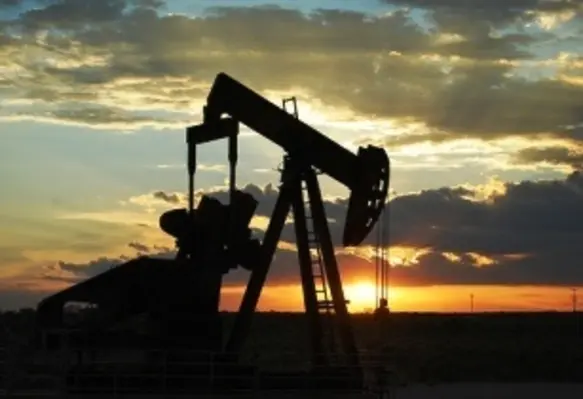Oryx Petroleum has announced that it has plans to explore and develop the Demir Dagh license in the Kurdistan Region of Iraq, targeting an initial production of 7,000 bpd to 9,000 bpd in Q2 2014
Oryx Petroleum, operator of the license with a 65 per cent participating and working interest, said its appraisal plan was awaiting approval by the Kurdistan Regional Government for resuming the Demir Dagh-2 discovery oil well and drilling three appraisal wells.
The three wells are expected to be produced from the Cretaceous, and at least one of them will retest the Jurassic and Triassic, company sources said.
The drilling would further establish the field structure and the extent of hydrocarbon fill and potentially result in larger reserves and resources to be booked.
Meanwhile, a preliminary lab results have confirmed field analysis conducted during the testing of Demir Dagh-2 that the crude oil in the Cretaceous has a low gas-oil ratio, low sulfur content and low viscosity. Oil gravity is 23.1 degree, lighter than the 20-22 degree measured in field tests.
The company is likely to run extended well tests at the Demir Dagh-2 and the three appraisal wells to establish reservoir performance and pressure behavior.
The Middle East and Africa-focused explorer is also in the advanced stages of a tender process for the lease and installation of a 25,000-30,000 bpd early production facility.
In the case of a successful appraisal programme, Oryx Petroleum would declare the discovery commercial, run two rigs to drill development wells, and construct a 100,000 bpd production facility.
The company’s Banan exploratory well is expected to spud in Q3 2013. BAN-1 targets Lower Jurassic, Triassic light oil, Cretaceous and Upper Jurassic heavy oil.
BAN-1 is 8km from DD-2, and the two structures share a common spill point based on current interpretation of existing 2D seismic and observations of the Demir Dagh-2 well. Results of the BAN-1 well could greatly affect Demir Dagh field development plans, according to company sources.







